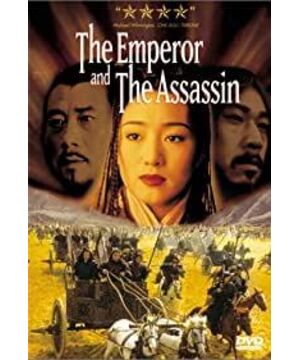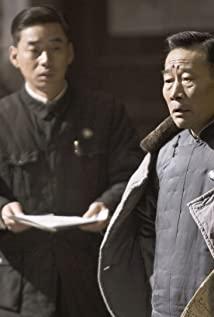After reading Chen Kaige's "Jing Ke stabs the King of Qin", the following three points come to mind:
1. The Six Kingdoms do not want to be destroyed by Qin, nor do they want Qin to unify the world, but have the Six Nations ever thought about how many countries they destroyed? It is said that there were 200 states in the Western Zhou Dynasty, but during the Warring States Period there were only seven strong states. It can be seen that the Six Kingdoms have double standards. They can destroy the country, but when they are facing the danger of destroying the country, they scold the King of Qin for being unkind and scolding Qin for being ruthless, which is really ironic.
2. When watching this movie, many barrages said that without Qin Shi Huang, China would not be unified, so it is inevitable that Qin Shi Huang killed the people of the six kingdoms. I would like to say that reunification is a historical trend, even without Qin Shi Huang. It is true that the unification of China was Qin Shihuang's greatest achievement, but because of this achievement, he should not approve of his slaughtering cities, killing people, and deceiving people. If you were one of the people buried alive in the Warring States period, would you still think so? Do you want to live, or do you want Shi Huangdi to unify China? Qin Shihuang's murder was a disrespect for life. This is irrefutable.
3. At the end of the movie, King Qin stabbed Jing Ke. Seeing Jing Ke laughing, he kept asking Jing Ke why he was laughing. At this time, I saw the loneliness of King Qin. Wang calls himself "widow" and "orphan", and is really the loneliest person in the world. At this time, King Qin met Jing Ke, who was also lonely, and felt like a hero cherishing each other. Jing Ke is an assassin who has always lived alone in troubled times. How many people are his confidants? A lonely person meets another lonely person. This is why the King of Qin hugged Jing Ke and cried bitterly after killing him.
View more about The Emperor and the Assassin reviews











